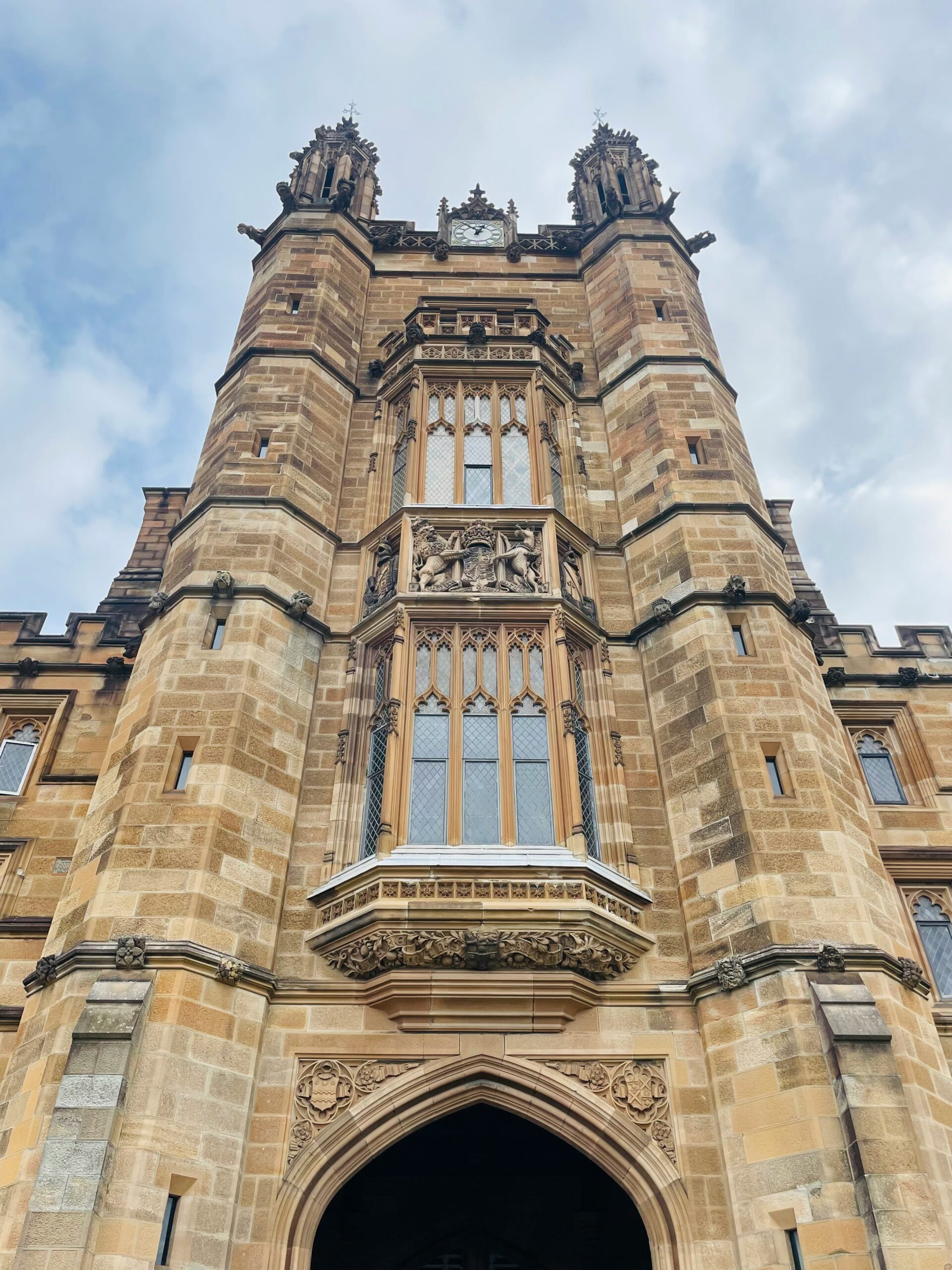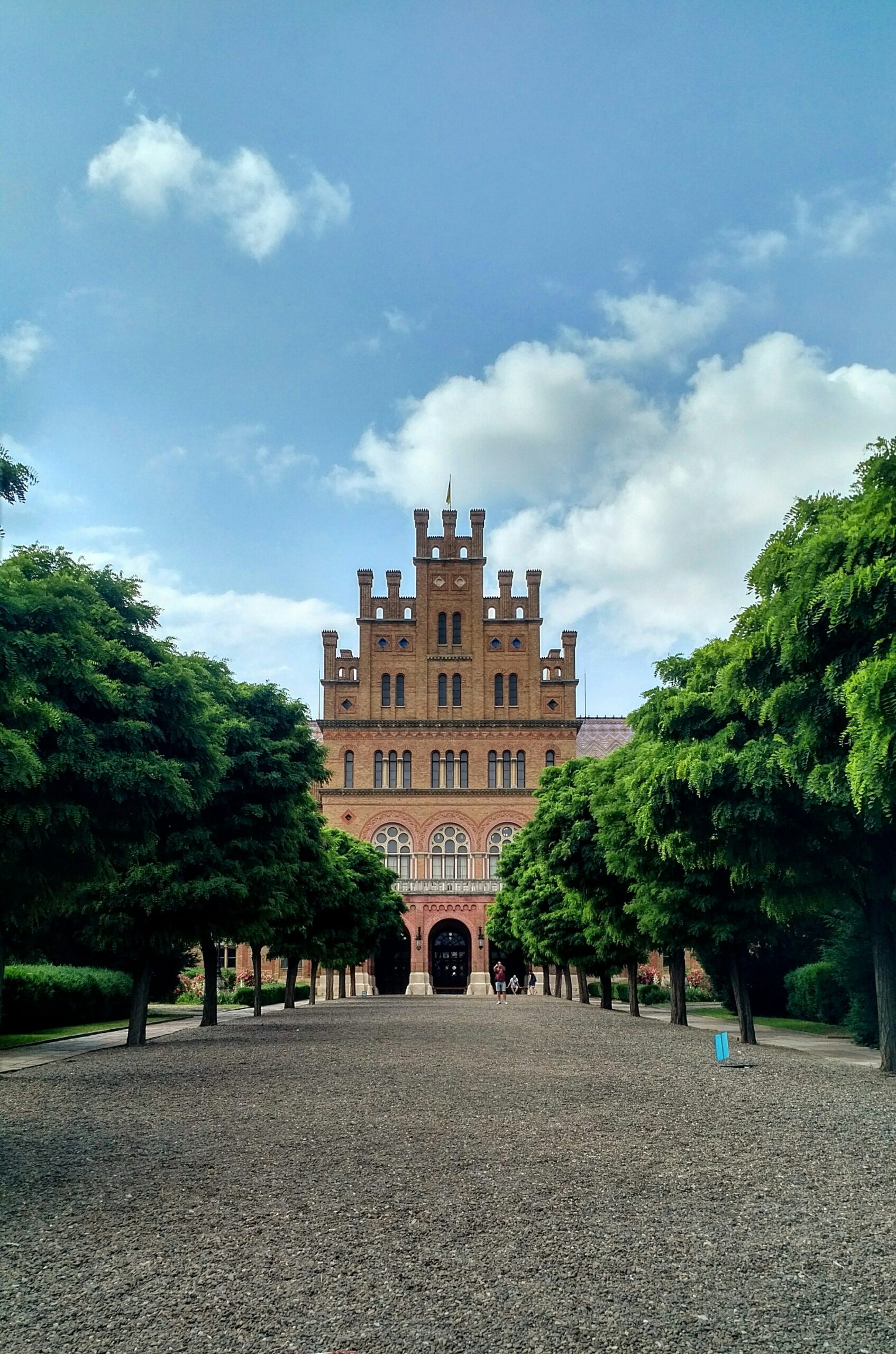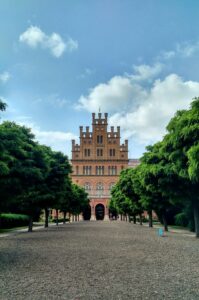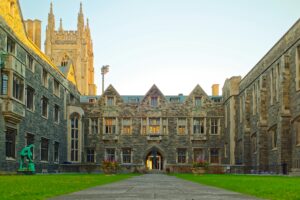Royal Melbourne Institute of Technology (RMIT): Pioneering Education and Innovation
Nestled in the heart of Melbourne, Australia, the Royal Melbourne Institute of Technology (RMIT) stands as a beacon of academic excellence, creativity, and innovation. Established in 1887, RMIT has evolved from a humble technical college into a globally renowned university, known for its industry connections, research impact, and commitment to preparing students for the challenges of the future. This comprehensive article explores the rich history, academic achievements, research endeavors, campus life, and global impact of RMIT.
Origins and Evolution
RMIT traces its origins to the Melbourne Working Men’s College, founded in 1887 with the aim of providing practical education to support the growing industries of Victoria. Initially focused on vocational training and technical education, the institution quickly expanded its offerings and gained university status in 1992, becoming the Royal Melbourne Institute of Technology. Named in honor of its city and its commitment to technology-driven education, RMIT has grown into a comprehensive institution with a global reputation for excellence in education, research, and industry engagement.

Academic Excellence
RMIT University offers a diverse range of undergraduate, postgraduate, and research programs across multiple disciplines. From engineering and design to business and humanities, RMIT’s academic offerings are characterized by their industry relevance, practical focus, and commitment to innovation. The university’s programs are designed to equip students with the skills and knowledge needed to succeed in their chosen fields, preparing them for future careers in a rapidly changing global economy.
Research and Innovation
Central to RMIT’s mission is its strong emphasis on research excellence and innovation. The university is home to several research centers and institutes that focus on addressing global challenges and driving advancements in fields such as advanced manufacturing, biomedical sciences, sustainable urban environments, and digital innovation. RMIT’s research endeavors are characterized by their collaborative nature, industry partnerships, and commitment to translating research outcomes into real-world applications and solutions.
Global Engagement
RMIT University embraces global perspectives and cultural diversity, with a strong commitment to internationalization and global engagement. The university’s Melbourne campus, along with its campuses in Vietnam and other international locations, attracts a diverse student body from around the world. RMIT’s global partnerships with universities, industry partners, and research institutions enhance opportunities for collaborative research, student exchanges, and joint initiatives that address global challenges and opportunities.
Campus Life and Community
RMIT University offers a vibrant and inclusive campus life characterized by its modern facilities, innovative learning spaces, and active student community. The Melbourne campus, situated in the heart of the city’s cultural and business district, provides students with access to state-of-the-art laboratories, libraries, studios, and collaborative spaces designed to foster creativity and innovation. Beyond academics, RMIT promotes a rich cultural and social scene through student clubs, societies, cultural events, and sports activities, ensuring a well-rounded student experience.
Sustainability and Social Responsibility
As a responsible institution, RMIT integrates sustainability principles into its operations, curriculum, and research initiatives. The university has implemented sustainable practices in campus development, resource management, and research projects focused on environmental sustainability, renewable energy, and urban resilience. RMIT’s commitment to sustainability extends to its community engagement efforts, promoting awareness, advocacy, and action on environmental and social issues through research, education, and partnerships.
Alumni Success and Impact
RMIT University boasts a diverse and accomplished alumni network that spans industries, disciplines, and continents. Graduates of RMIT are recognized for their leadership, innovation, and contributions to their professions and communities. Many alumni have achieved success in fields such as architecture, engineering, business, fashion, and the arts, reflecting RMIT’s role in shaping future leaders and influencers. The achievements of RMIT alumni underscore the university’s impact on society and its ongoing commitment to excellence and community engagement.

Vision for the Future
Looking ahead, RMIT University remains committed to advancing knowledge, fostering innovation, and preparing students to tackle global challenges and opportunities. The university’s strategic priorities include expanding research capabilities, enhancing industry partnerships, and promoting interdisciplinary collaboration to address complex societal issues. With a legacy built on excellence, creativity, and industry engagement, RMIT is poised to continue making a significant impact on education, research, and society, both locally and globally.
In conclusion, the Royal Melbourne Institute of Technology (RMIT) stands as a testament to the transformative power of education, research, and industry collaboration. From its origins as a technical college in the late 19th century to its current status as a globally recognized university, RMIT has consistently embraced innovation, diversity, and sustainability in its pursuit of academic excellence and societal impact. As it embarks on its next chapter, RMIT remains dedicated to shaping futures, creating knowledge, and making a positive difference in the world.














Post Comment